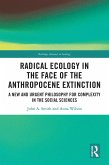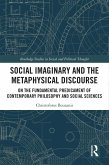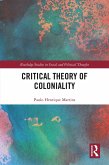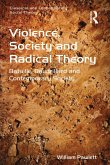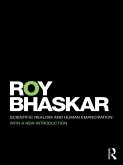We start with an exploration of the consequences of a critical tradition which, under the name Enlightenment, has placed humanity at its centre and chance as its most general - and problematic - characteristic. We argue that this leads to a schizophrenic relationship between radical critique and science which can be avoided if we take the implications of biosemiotics seriously and develop a new, ecologically informed social science. We argue that in practice this means that for science to be practical in addressing the Anthropocene extinction, we have to recognise that it operates in a historically emergent, highly differentiated technopolitical ecology. Science, as it is currently commonly understood and used, is not ecological enough.
This book will interest social scientists interested in not only describing and critiquing but also understanding and responding to the complex problems facing humanity; scientists wanting to make sense of social phenomena; those educating the next generation of social scientists; and climate activists and policy-makers.
Dieser Download kann aus rechtlichen Gründen nur mit Rechnungsadresse in A, B, BG, CY, CZ, D, DK, EW, E, FIN, F, GR, HR, H, IRL, I, LT, L, LR, M, NL, PL, P, R, S, SLO, SK ausgeliefert werden.



